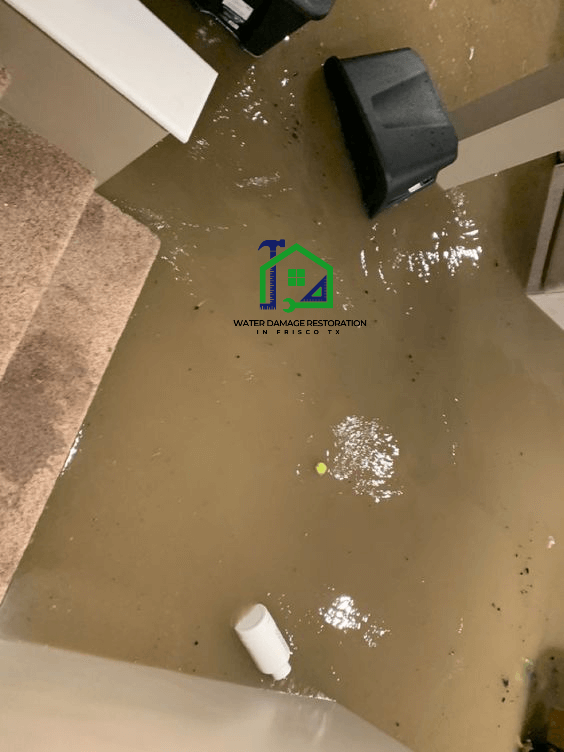Preventing pipe leaks at home can be simple with a few key steps. Regularly inspect pipes for cracks, corrosion, and bulges, particularly in exposed areas. Insulating pipes, especially in cold spaces, helps prevent freezing and bursts.
Chain Valley Bay, Australia, Australia, 2nd Dec 2024 - Preventing pipe leaks at home doesn't have to be complicated. Start by regularly checking exposed pipes for signs of wear, like cracks or corrosion. Insulating pipes, especially in colder areas, can protect them from freezing and bursting. Be mindful of water pressure—too high can stress your pipes, leading to leaks. Also, avoid pouring grease or harsh chemicals down drains, as they can damage pipes over time. Finally, schedule routine plumbing inspections to catch any issues before they turn into major problems. These simple steps can save you from costly repairs and headaches down the line.
Inspect Pipes Regularly
Checking your pipes for early signs of damage can save you from unexpected leaks. Look for any cracks, bulging, or rust on exposed pipes, particularly in areas like basements or crawl spaces. Catching these issues early allows you to repair or replace parts before they fail completely. If you spot corrosion or signs of wear, it’s best to act fast and either replace the affected section or have a professional assess it. Regular inspections keep your plumbing system running smoothly and reduce the chances of hidden leaks causing major damage.
Check for Cracks and Bulges
Look for any visible cracks or bulging on exposed pipes, especially in high-pressure areas. These can be signs that the pipe is weakening, which may lead to leaks. Bulges can indicate internal damage, and cracks are often the beginning of a bigger problem. Spotting them early lets you address the issue before it escalates into a full-blown leak.
Inspect for Rust and Corrosion
Rust and corrosion are common culprits in pipe damage. Regularly check for any signs of these issues, especially in older plumbing systems. Corroded pipes can become brittle, making them prone to leaks and breaks. If you notice rust, it’s a sign that the integrity of your pipes is compromised, and you may need to replace or repair them before they fail.
Examine Pipe Connections
Check the joints and connections where pipes meet. These areas are prone to wear and tear, especially over time as water pressure fluctuates. Tighten any loose connections and look for signs of leaking or dripping. Sometimes, a small leak at a connection can go unnoticed but lead to water damage if not addressed. Regular checks here can prevent larger issues.
Assess Pipe Insulation
Make sure pipes are properly insulated, particularly in areas subject to temperature changes. Without insulation, pipes are more susceptible to freezing in winter, which can cause cracks or ruptures. Insulation also helps maintain water temperature and reduces energy costs. Inspect insulation around pipes and replace any damaged or worn-out sections to prevent freezing and potential leaks.
Monitor Water Pressure Regularly
Keep an eye on the water pressure in your home, as high pressure can strain your pipes and lead to leaks over time. Ideal water pressure is around 60 to 70 psi. If you notice pressure spikes or consistently high readings, consider installing a pressure regulator. Maintaining safe water pressure ensures that your pipes stay in good condition and minimizes the risk of leaks.
Insulate Pipes in Cold Areas
Cold temperatures can wreak havoc on your plumbing if pipes aren’t properly insulated. In winter, water inside pipes can freeze and expand, causing them to crack or burst. Protect your pipes by wrapping them in foam insulation or using heat tape, especially in unheated spaces like attics, garages, or under sinks. If you're in a particularly cold climate, consider adding extra layers of insulation. Taking these precautions can prevent costly repairs and ensure your pipes stay intact when the weather drops.
Maintain Proper Water Pressure
High water pressure can put unnecessary strain on your pipes, leading to leaks and even ruptures. To ensure your plumbing remains in good condition, check your water pressure regularly. You can use a water pressure gauge, available at most hardware stores, to measure the pressure at different points in your home. If the pressure is consistently above 80 psi, consider installing a pressure-reducing valve. Keeping the water pressure at a safe level not only prevents leaks but also extends the lifespan of your plumbing system.
Avoid Chemical Drain Cleaners
While chemical drain cleaners may seem like a quick fix for clogs, they can do more harm than good. These harsh chemicals can eat away at pipes, weakening them over time and potentially causing leaks. Instead of relying on chemicals, try using a plunger or a drain snake to clear minor blockages. For stubborn clogs, consider a more natural approach, like pouring boiling water or using a mixture of baking soda and vinegar. Keeping your drains clear without the chemicals ensures your pipes stay healthy longer.
Seal Gaps and Cracks Around Pipes
Small gaps around pipes, especially where they exit walls or ceilings, can lead to leaks over time if left unchecked. Weather, vibration, and age can cause seals to deteriorate, leaving space for moisture to escape. You can seal these gaps with caulk, expanding foam, or other appropriate sealants to prevent water from leaking out and causing damage. Properly sealing the areas around pipes ensures no water escapes where it shouldn’t, helping to avoid water damage to your home’s structure and interior.
Keep Your Pipes Clean
Over time, buildup from minerals, grease, and food debris can clog pipes and contribute to leaks. To avoid this, it’s important to clean your drains and pipes regularly. For kitchen drains, avoid pouring grease down the sink, as it hardens and clogs pipes. In the bathroom, hair can create stubborn blockages, so using a drain screen can help. For an extra clean, try running a mixture of vinegar and baking soda down your pipes, followed by hot water. Regular cleaning helps prevent clogs and reduces the risk of leaks.
Monitor Your Water Bill
An unexpected increase in your water bill could be a red flag for a hidden leak somewhere in your plumbing. Even small leaks can waste a surprising amount of water over time, which will show up in your monthly bill. If you notice an unexplained spike, it’s worth investigating your home’s plumbing system for possible leaks. You can check your water meter when no water is being used to see if it’s still running. If it is, there may be a hidden leak in the system that needs attention.
Hire a Professional for Inspections
While it’s great to handle small plumbing maintenance tasks yourself, it’s also important to have a professional plumber perform an inspection at least once a year. They can spot potential issues that may not be immediately visible, such as slow leaks, hidden corrosion, or problems within the walls. A professional inspection allows you to address issues before they escalate into costly repairs. Investing in a thorough inspection every year ensures that your plumbing system stays in top condition and can help prevent major leaks in the future.
Conclusion
Preventing pipe leaks is essential for maintaining a safe and efficient home, and these plumber-approved tips can help you avoid costly repairs. By staying proactive with regular inspections, proper insulation, and mindful water use, you can keep your plumbing system in top shape.
At Ezi Plumbing, serving Chain Valley Bay, we’re passionate about helping homeowners protect their homes from plumbing issues. If you’re looking for professional guidance or need expert services, our team is here to help. Trust us to keep your home’s plumbing running smoothly and leak-free!
23 Ivy Ave, Chain Valley Bay NSW 2259, Australia
+61448467788
https://eziplumbing.com.au/
Media Contact
Organization: EZI Plumbing
Contact Person: EZI Plumbing
Website: https://eziplumbing.com.au/
Email: Send Email
Contact Number: +61448467788
Address:23 Ivy Ave, Chain Valley Bay NSW 2259, Australia
City: Chain Valley Bay
State: Australia
Country:Australia
Release id:20743
The post Plumber-Approved Tips for Preventing Pipe Leaks at Home appeared first on King Newswire. It is provided by a third-party content provider. King Newswire makes no warranties or representations in connection with it.















